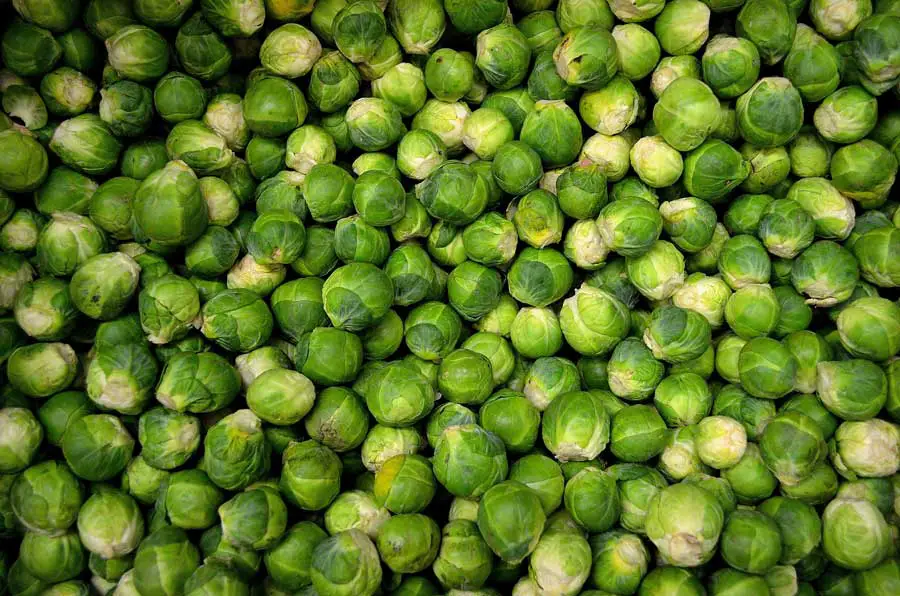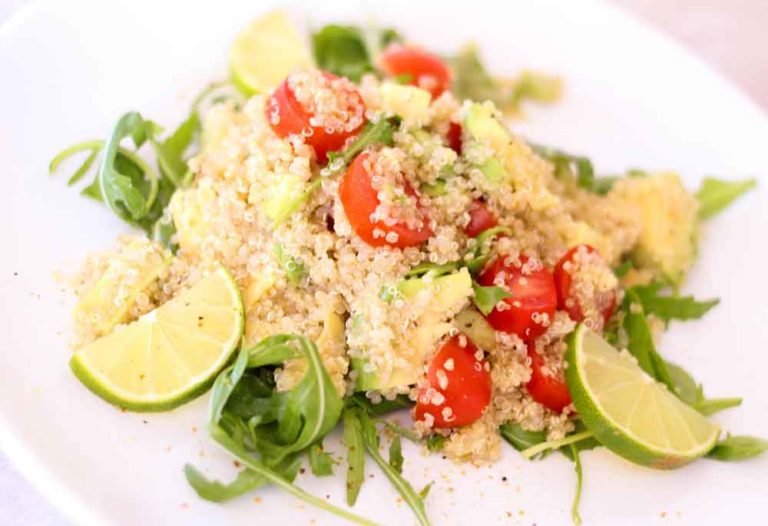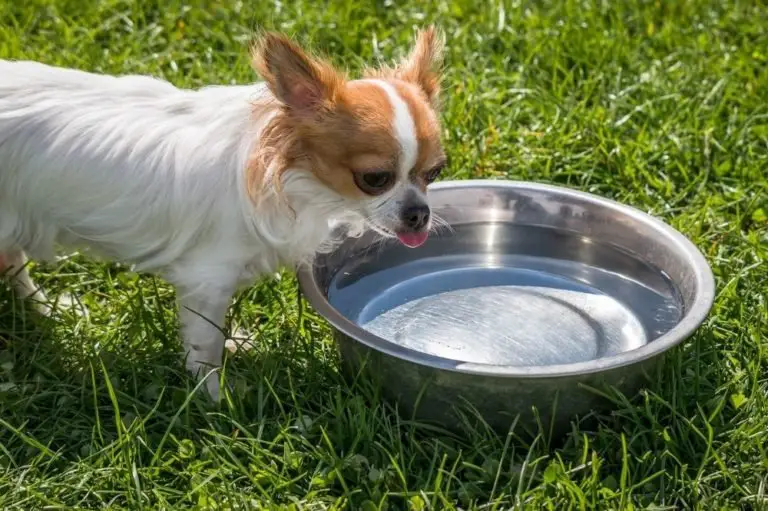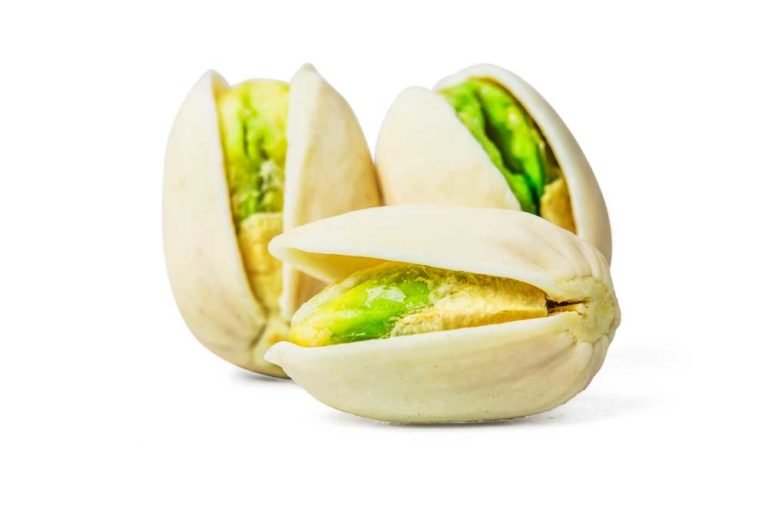Can Dogs Eat Brussels Sprouts?
Brussels sprouts have recently gained a lot of popularity. They can be prepared in many different ways and combined with many different flavors.
In addition to their taste and bright green color, many are attracted to the numerous health benefits associated with this little green vegetable.
If you too have hopped on the brussels sprouts trend, you may be wondering if you can share this treat with your dog. Here’s what we’ve determined.
Can my dog eat Brussels Sprouts? Your dog can have brussels sprouts in moderation. There are absolutely no toxins that could harm your dog. Brussels sprouts are a safe treat for dogs to enjoy, but beware the gas that comes with them.
Brussels Sprouts Nutritional Value & Potential Benefits
Brussels sprouts are more than a trendy vegetable; they are a cruciferous vegetable, like kale or broccoli, which means they’re packed with vitamins and nutrients that all come with different health benefits. It’s no wonder brussels sprouts are considered a superfood.
Brussels sprouts contain high amounts of vitamins C and K. Vitamin C is critical to the immune system while vitamin K is essential for bone health and blood circulation.
Vitamins A, B1, and B6 are also found in brussels sprouts. Vitamin A contributes to shiny hair, healthy teeth and bones, healthy skin and membranes, and eyesight. The process of breaking carbohydrates down into fuel for the body is aided by vitamin B1. Vitamin B6 is essential to the brain and central nervous system. It is needed to make signaling molecules and other components of the neural signaling pathways.
Another B vitamin, folate, is in brussels sprouts as well. Folate is important for making blood cells, utilizing carbs as energy, and other functions. This vitamin is especially important for developing puppies and pregnant dogs.
Manganese is a mineral that increases protein utilization. It helps break down proteins so they can be used by the body as an energy source or to build muscle. This mineral is particularly important for dogs since they have a high protein diet.
The antioxidants in brussels sprouts are powerful in preventing various forms of cancer by binding free-radicals in the body.
Iron is needed to keep oxygen in the bloodstream, and brussels sprouts are a source of iron. Increased blood oxygen levels lead to increased energy levels.
Potassium is important for many bodily functions from brain signaling to the transportation of nutrients in and out of cells. It’s critical to maintain potassium levels in the body.
And of course, fiber is found in brussels sprouts. This nutrient is great for digestive health. It helps to clear the colon and generates movement in the intestines.
All of these nutrients contribute to your dog’s health and well-being. If you’re looking to add a vegetable to a dog’s diet, brussels sprouts are a great option.
Potential Side Effects
One olfactory side effect of feeding your dog brussels sprouts is that they will get gassy. Although this stinks for you – literally – it’s actually good for the dog’s colon.
More seriously, if your dog has too many brussels sprouts, they could end up with an upset stomach and diarrhea. It’s important to keep portions of brussels sprouts small and infrequent to avoid the discomfort that may come with them. Fiber is good, but too much fiber is sure to cause problems.
If your dog’s stomach gets upset easily, brussels sprouts may not be the treat for them. If your dog has other food allergies or dietary issues, talk to a vet before adding brussels sprouts to their diet.
Best Way to Feed Your Dog Brussels Sprouts
Depending on the size of your dog, you’ll only want to feed them 1-3 brussels sprouts at any given time. Remove the stem, cut the brussels sprout in half, and cook them. Your dog will have a hard time eating and digesting a raw brussels sprout.
Consider steaming the brussels sprouts for your dog as this cooking method retains the most nutrients. You could also boil them, microwave them, or roast them. But no matter how you prepare the brussels sprouts, avoid using butter, oil, salt, and seasonings. Dogs should not eat fatty oils or salt, and some seasonings are toxic to dogs.
Final Verdict
Brussels sprouts are a safe treat to give your dog. These little green vegetables will bring a long list of health benefits to your pup. They are non-toxic and don’t present any serious issues for dogs. Just remember to hand them out in moderation.







